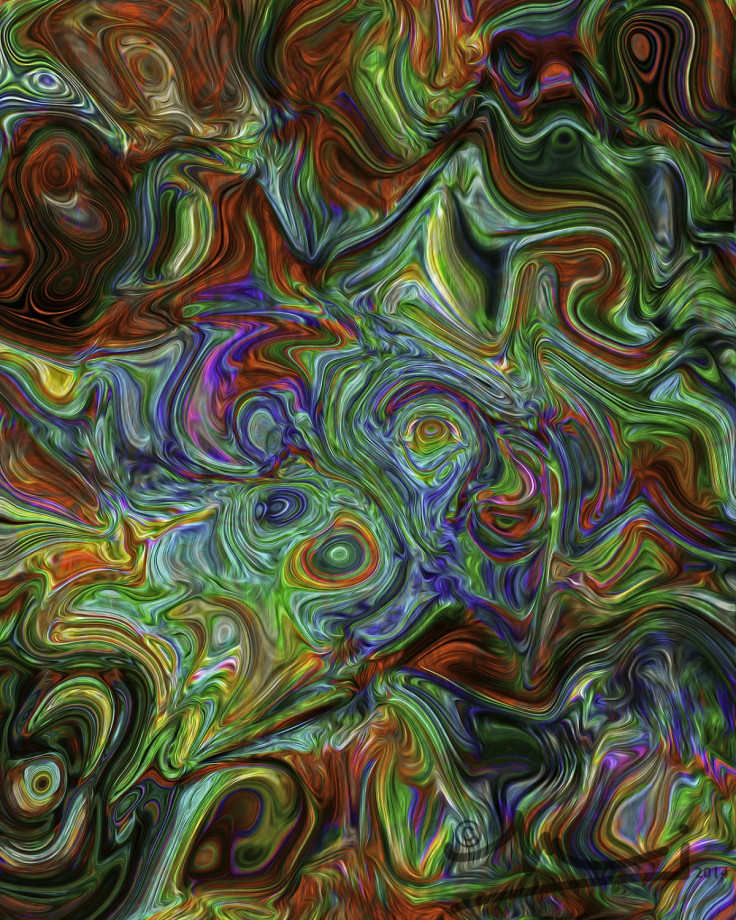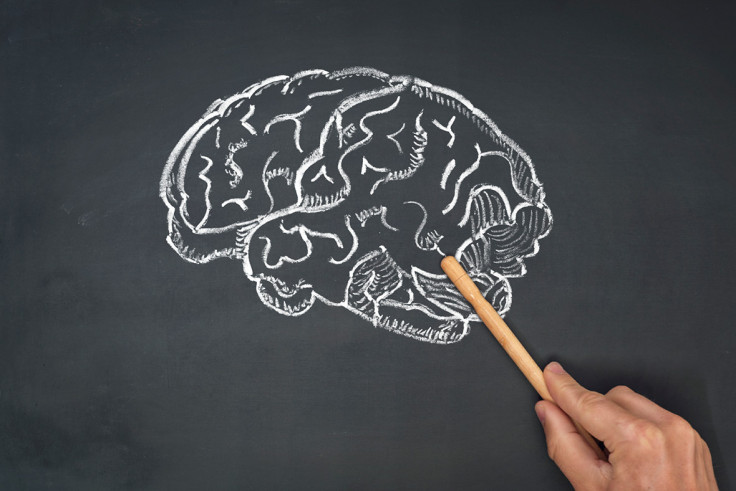How does LSD affect the brain? Scans show how psychedelic drug causes hallucinations

The effect of LSD on the brain has been revealed using cutting-edge scanning techniques. Researchers say understanding how the drug affects the brain, including what areas are activated during hallucinations, has the potential to lead to treatments for psychiatric diseases.
In the 1960s, research on the topic was halted when the US banned the psychedelic drug, but in recent years, there has been renewed interest in LSD's properties. Now, research published in the Proceedings of the Academy of Sciences has looked at LSD's impact on the brain using modern neuroimaging techniques.
The scientists used three complementary functional imaging techniques and recruited twenty healthy volunteers. Half of them received LSD while the other half were given saline as a placebo.
The participants were then instructed to rate the visual hallucinations and the altered states of consciousness experienced during the imaging. For those who reported strong visual hallucinations the scientists noted several changes in visual cortex (the area responsible for processing visual information), including an increase in cerebral blood flow and more connectivity with other areas of the brain.

However, LSD also induced an altered state of conciousness in some participants, which was reflected on the scans showed by decreased connectivity between two specific regions of the brain: the parahippocampal gyrus (which plays a part in memory encoding and retrieval) and the retrosplenial cortex (another key region for episodic memory).
The authors say more research is needed to understand the implications of these findings. However, they believe studying LSD's effects on the human brain can help scientists better understand how neurobiology affects consciousness. This can, in turn, pave the way for using the drug to model and treat some psychiatric diseases.
"The present results contribute important new insights into the characteristic hallucinatory and consciousness-altering properties of psychedelics that inform on how they can model certain pathological states and potentially treat others," they conclude.
© Copyright IBTimes 2025. All rights reserved.






















